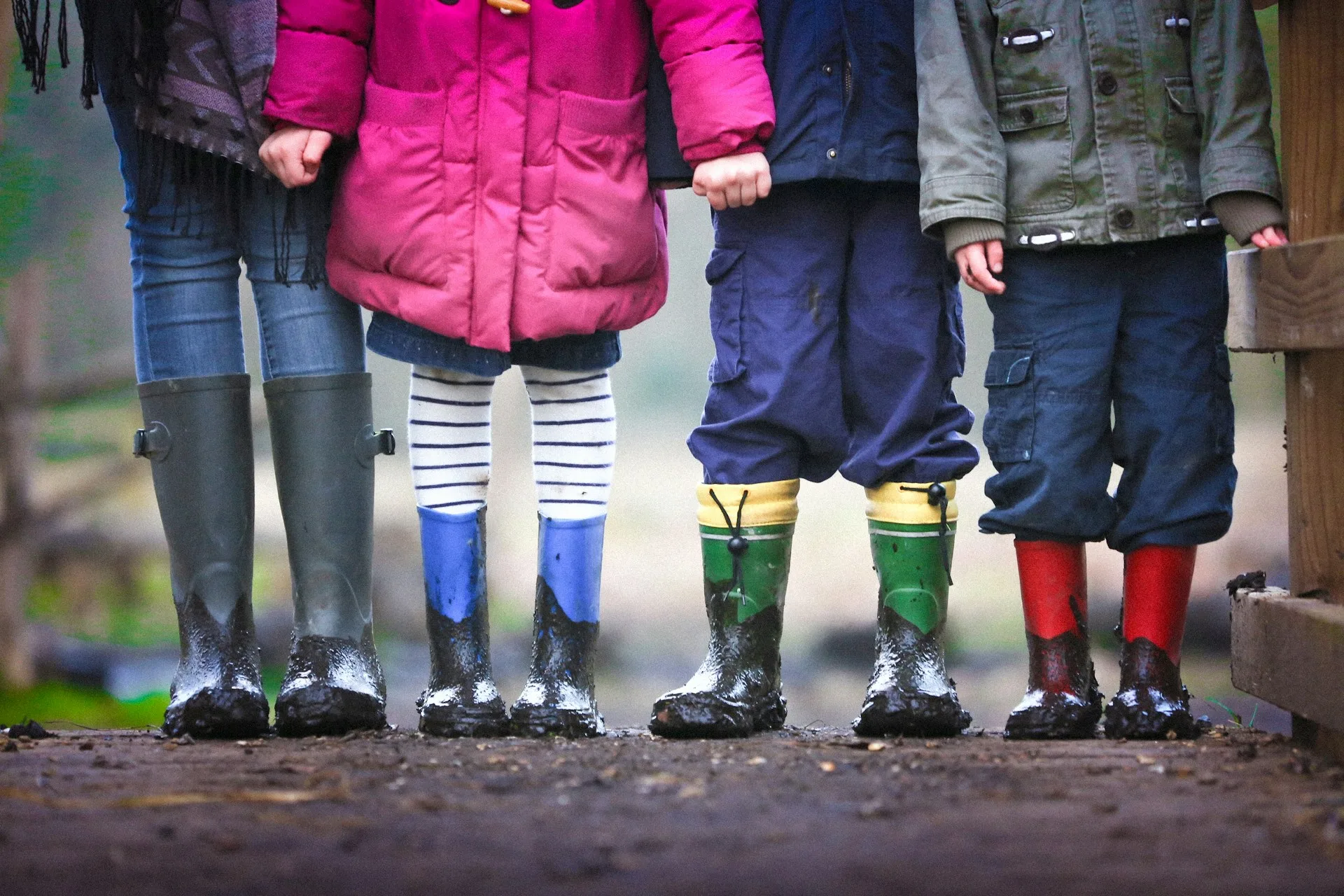As of 2025, approximately 70% of children in Ukraine — that is, more than 3.5 million — have limited access to basic goods and services. This is evidence of a large-scale humanitarian crisis caused by full-scale war. According to UNICEF, this situation is in stark contrast to 2021, when 18% of children lived in material deprivation.
Material deprivation encompasses not only a lack of adequate food, clothing and heating, but also the inability to learn, play in safe conditions or simply live in a decent environment. The impact of these limitations on a child’s development is serious and long-lasting: deteriorating health, educational losses and reduced opportunities for the future.
According to UNICEF, almost half of children do not have a safe space to play. Since the start of the full-scale war, at least 2,786 children have been injured or killed.
Critical infrastructure — schools, hospitals, residential buildings, water supply systems and power grids — is under constant attack. This, combined with rising poverty, significantly exacerbates material deprivation.
In addition, Ukraine is experiencing an acute demographic crisis. The birth rate has fallen by 35%, and millions of women and children have been forced to leave the country. At the same time, those who remain, especially children with disabilities, children in institutions, foster families or near the front line, have limited or no access to medical, educational and social services.
Catherine Russell, Executive Director of UNICEF, emphasised the importance of urgent investment in the country’s future by supporting its youngest citizens. She stressed that children must be at the centre of the recovery process — through early development, access to quality education, healthcare and life skills. But first and foremost, she stressed, children need protection and peace.
Read also: Russia’s kidnapping of generations destroys Ukraine’s future



